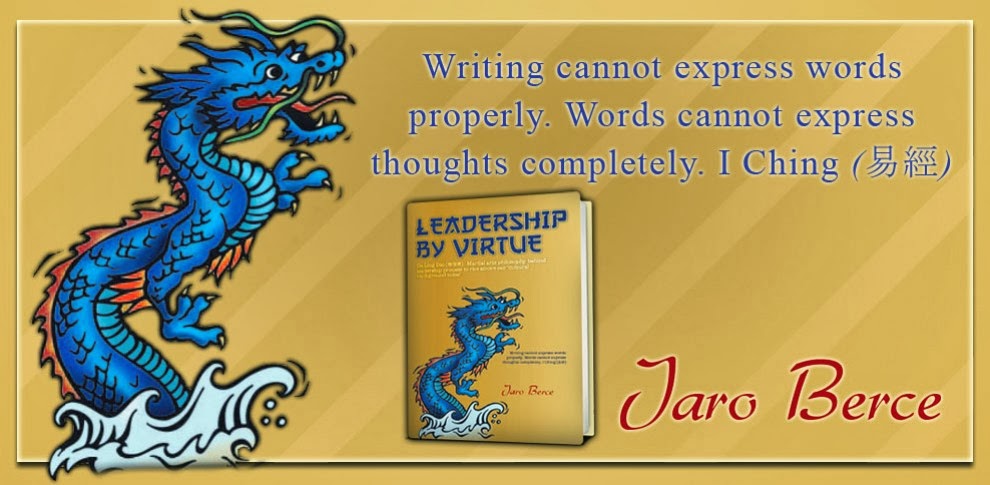There is always a dilemma how to get better results: by fostering
competition or collaboration between employees for the executions of organizational tasks.
The humanity from the dawn had to
collaborate in order to have bigger chance for survival, so I would (always) vote for collaboration. Our basic communication tool (language) provided two main issues for the success: learning and passing the knowledge and the second is explaining or danger warning to other members of the pack.

On the other hand competition was, throughout our history, a driving force that continued moving humanity forward. It is most evident from the conflicts between tribes or societies. Imperialism, known from ancient times, is about economic expansion by grabbing defenseless countries (like
Alexander the Great or/and
Genghis Khan). Looting the countries for raw materials by forcing the labor to later force them to buy expensive manufactured goods is also accompanying humanity from dawns. But this competing attitude helped in driving developments that improved many aspects of life, and is continuing to do so. What else is globalization?
Definitely, conflicts were and are still part of our environment. And for them you need collaboration (again): to start or to solve them. But, on the smaller scale, could scientists in e.g.
CERN compete with each other and still produce the same results as they do – or do they collaborate?

Continuing the struggle of thinking which one – collaboration or competition – yields better results, I would again like to say that it is collaboration: compare teamwork against solo or egocentric behavior of a player on the football terrain. Unfortunately, today we are often forgetting team play and are only competing with each other, against countries, environment… and not really understanding that there is no win for us while doing so. I think that for the progress towards a better world we should principally collaborate with one another and not compete against one another. Could this then be the ultimate goal?
No way!
 In my post Leadership and “happy” organization I wrote: there is a Gallup-poll of a 1.5 million sampling, and the result is: 30% of employees are happy with their managers, 20% are not, and 50% have disengaged themselves in having any feelings at all. This is when employees show up for work, did what they are told to do, and, at the end of their shift, go home; the same routine would be repeated the next day.
In my post Leadership and “happy” organization I wrote: there is a Gallup-poll of a 1.5 million sampling, and the result is: 30% of employees are happy with their managers, 20% are not, and 50% have disengaged themselves in having any feelings at all. This is when employees show up for work, did what they are told to do, and, at the end of their shift, go home; the same routine would be repeated the next day.









